Badges seem to be offering a solution to common problems
In recent years we are noticing a resurgence of interest in various concepts for alternative (digital) credentials.(1) They seem to offer solutions to several common challenges for education and society at the moment – here are a first five from me:
Challenge: A more inclusive higher education.
Key question: How can we be more inclusive in higher education, by better recognising the prior attainment of skills and competencies of learners who wish to enter higher education as adult learners?
Challenge: Better recognition of people’s skills and competences and subsequent reduction of the so-called skills gaps between learners’ competencies and labour market needs.
Key question: How can we more accurately document the skills, competencies and experiences of persons, to improve transfer and matching on the labour market?
Challenge: Lifelong learning or the 60-year curriculum.
Key question: How can we ensure that learning is encouraged throughout the lifespan and a person’s skills profile can be used as a basis to recommend new learning and career pathways?
Challenge: Multiple periods of learning at different educational providers.
Key question: How can we find a way to collect learning achievements in a cumulative and systemic way, aggregating them into skills and competence clusters in a person’s profile, irrespective of where they were acquired.
Challenge: Increasing numbers of tertiary education graduates with very similar-looking certificates.
Key question: How can we differentiate between graduates, who have studied the same courses at university or college?
The time is ripe for new solutions. Indeed, statements from industry and experts like this are common: “What is decisive is the proven competence and not the way, place and time of the acquired competence.” This would all suggest that concepts for alternative credentials, especially the well-established standards of open badges, would be quickly realised in education.
But to those who have been observing the field for some time, it seems that we are still not reaching the mainstream – a necessary precondition for really solving the above-mentioned challenges. There are even efforts to scrape information from CVs through AI techniques to judge the skills demands required of jobs and to match these will appropriate candidates (although we know this to be a very fuzzy type of document). And one common area of work at the moment is to use blockchain for a more secure storage of university diplomas (although we know that diplomas will have to change in substance). This is strange, since neither of these contribute to solving the challenges ahead for sustainable developments in our digital age.
Why are we not making progress here?
Richard E. West and Tadd Farmer (West 2018) argue that this is explained by the struggle for open badges to be recognised outside of their native badging ecosystem. Sure, they say, it is important to have local ecosystems of badge developers, earners, issues and end users in a specific context with a specific purpose. But contributing to a more generic credential system requires organizations outside the native badging ecosystem to recognize and accept the badge performance and assessment and this recognition is difficult to achieve were standards, requirements, and objectives of credential frameworks do not align. This suggests then that progress for badges will be achieved if two objectives are met:
- A closer commonality between badging and general credential ecosystems can be found
- This commonality can be better communicated, leading to more third-party trust in the system
The participants at Open Belgium come from many different spheres of society and I invite them to join me in an open discussion on all of this under the title “Stuck in the mud: Certification between symbolic profiling and real recognition.” I look forward to it.
For more on this topic, see also:
Buchem, I., Orr, D., & Brunn, C. (2019). Making competences visible with Open Badges. Retrieved from https://hochschulforumdigitalisierung.de/sites/default/files/dateien/HFD_AP_Nr48_Open_Badges_Bericht_2019_EN_web.pdf
ICDE. (2019). The Present and Future of Alternative Digital Credentials. Retrieved from https://www.icde.org/knowledge-hub/2019/4/10/the-present-and-future-of-alternative-digital-credentials
West, R. E. (2018). Foundations of Learning and Instructional Design Technology. EdTech Books. https://edtechbooks.org/lidtfoundations



Share